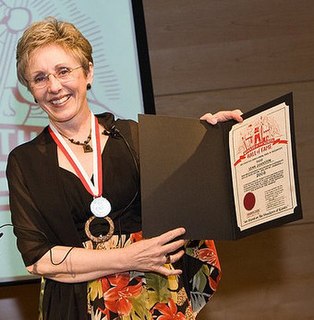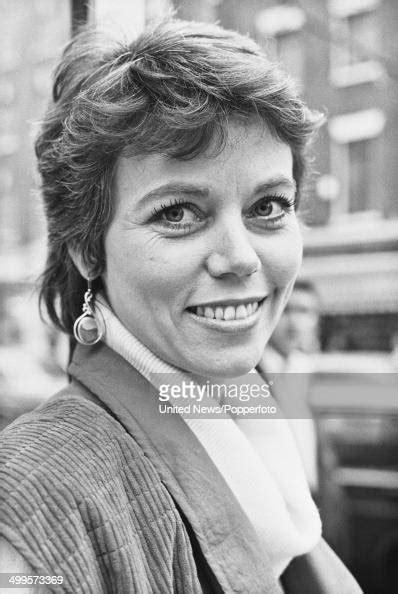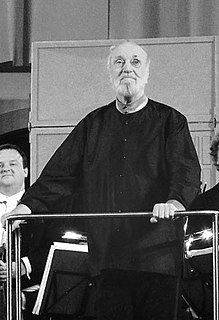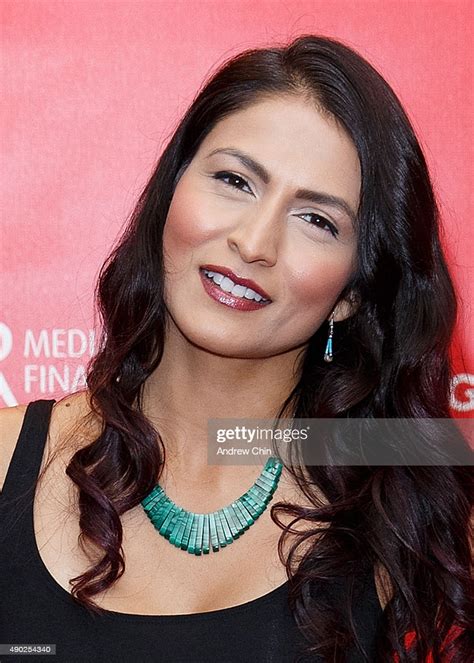A Quote by Lynn Johnston
That's what my mother did. And my father was the first person she'd met who treated her kindly. She was terrified of men, and she married a very meek, kind, dear man. And she had the upper hand. She ruled the roost.
Related Quotes
My mother was the first African-American policewoman in Seattle - recruited, actually - and she did it for only 2 years, as she did not want to carry a gun. She worked mostly on domestic disturbances. The NAACP wanted her to do it. She did not actually have the temperament to be a cop - she was very sweet. She had a Masters in social work.
My house is full of paintings by my mother Pam. She was a fantastic, prolific artist but had no confidence in herself, thanks to my father running her down. They married during the war when she was 19 - she had planned to go to art school. But my father didn't want her to work, so she became a housewife.
She remembered that once, when she was a little girl, she had seen a pretty young woman with golden hair down to her knees in a long flowered dress, and had said to her, without thinking, "Are you a princess?" The girl had laughed very kindly at her and asked her what her name was. Blanche remembered going away from her, led by her mother's hand, thinking to herself that the girl really was a princess, but in disguise. And she had resolved that someday, she would dress as though she were a princess in disguise.
One thing I did have under my belt was, my mother lost her mother when she was 11. She mourned her mother her whole life and made my grandmother seem present even though I never met her. I couldn't imagine how my mom could go on but she did, she took care of us, she worked two jobs and had four children. She was such a good example of how to conduct oneself in a time of grief. When I lost my husband, I tried to model myself as much as I could on her.
After my mother died, I learned that she'd had a scholarship to the University of Nebraska, but - in kind of a tradition that females don't do things like that - her father prevented her from going. She always said that she wasn't allowed to go to college, but until she died, I never knew that she'd had this scholarship.
Marilyn Monro wasn't the brightest person in the world - that didn't make a difference one way or the other - but she was giving and kind. And that's what got her in trouble. She was so giving and kind to all of these people she met that she found herself doing these things that she didn't want to do.
A lot of people say that Eleanor Roosevelt wasn't a good mother. And there are two pieces to that story. One is, when they were very young, she was not a good mother. She was an unhappy mother. She was an unhappy wife. She had never known what it was to be a good mother. She didn't have a good mother of her own. And so there's a kind of parenting that doesn't happen.
I met this girl who had a huge scar on her leg from a car accident. She was talking about how, after it first happened, she would always wear long pants and cover it up. But, as she started to grow into it, she decided that that's just her now. It's just a part of who she is. She wears skirts and she shows it off now.
But what I kept wondering about is this: that first second when she felt her skirt burning, what did she think? Before she knew it was candles, did she think she'd done it herself? With the amazing turns of her hips, and the warmth of the music inside her, did she believe, for even one glorious second, that her passion had arrived?



































